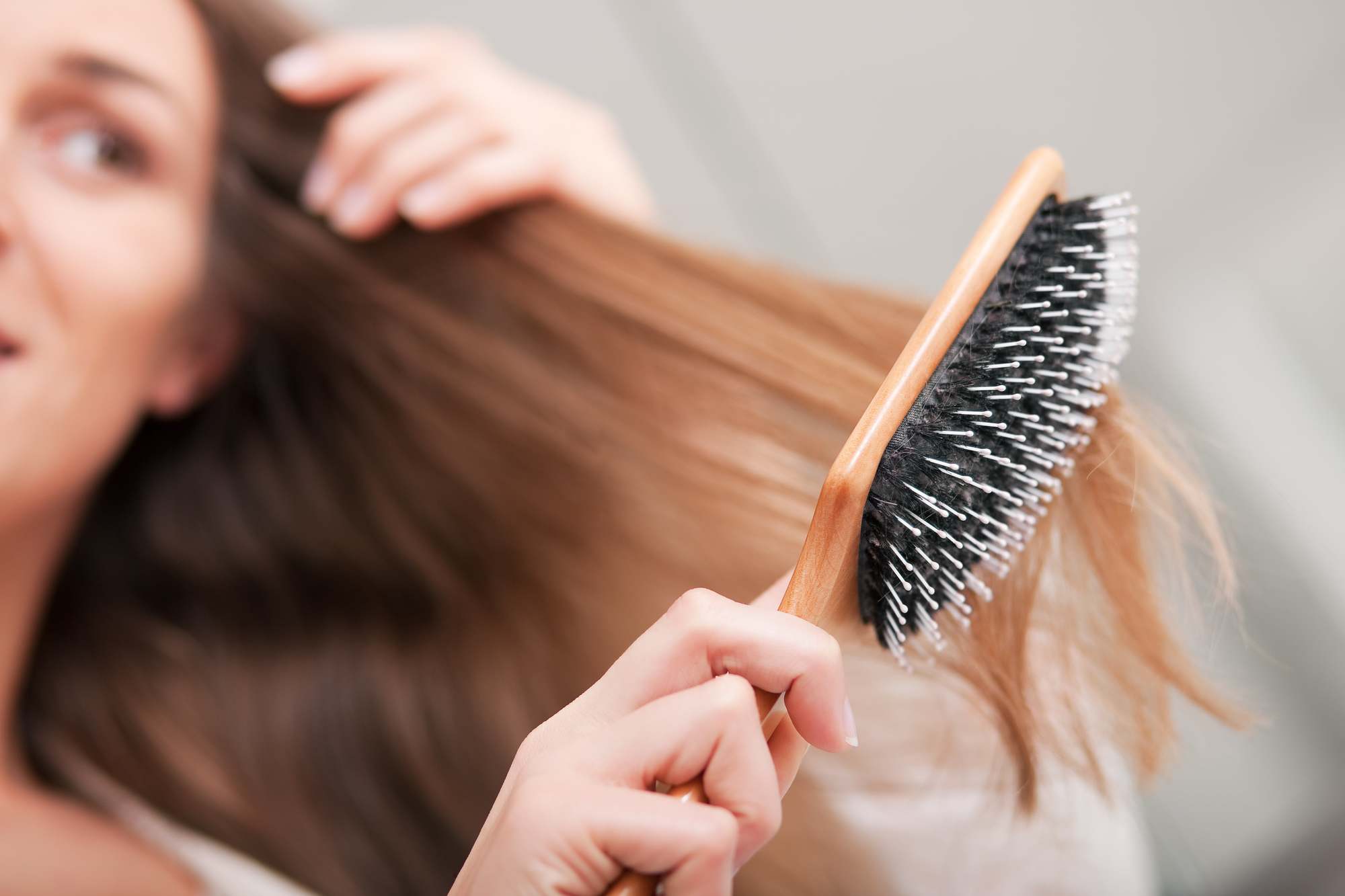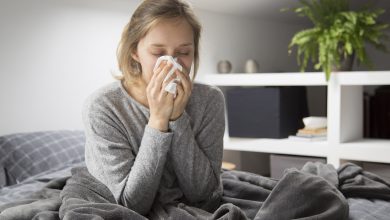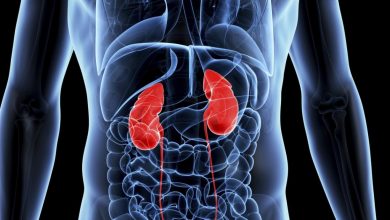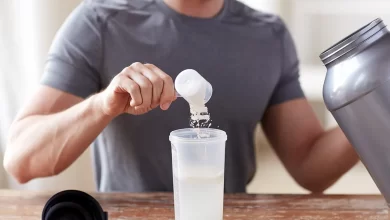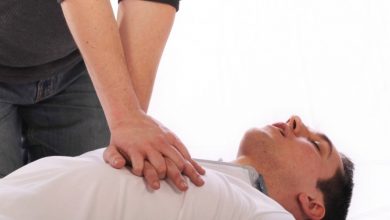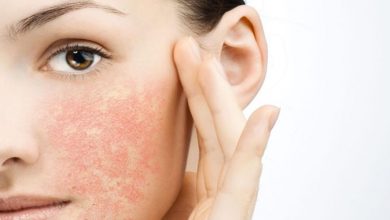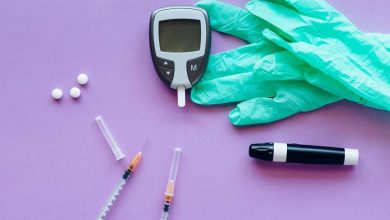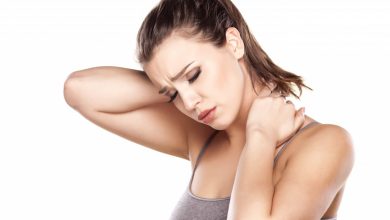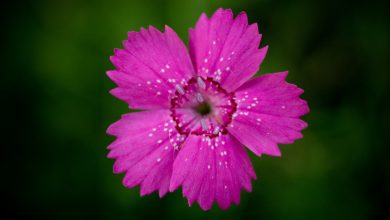Healthy and lustrous hair is not only a mark of beauty but also a reflection of overall well-being. Just as you care for your skin and body, your hair deserves attention and nourishment to maintain its vitality. In this article, we will delve into the essential aspects of healthy hair care, providing you with valuable insights and practical tips to achieve and maintain gorgeous locks.
Understanding Hair Structure:
1. Hair Types:
- Identify your hair type – whether it’s straight, wavy, curly, or coily – to tailor your care routine accordingly.
2. Hair Anatomy:
- Comprehend the basic structure of hair, from the root to the tip, to better understand its needs and vulnerabilities.
Daily Hair Care:
1. Gentle Cleansing:
- Use a sulfate-free, pH-balanced shampoo to cleanse your hair and scalp. Over-washing can strip natural oils and lead to dryness.
2. Condition Effectively:
- Use a suitable conditioner to hydrate and detangle your hair. Focus on the lengths and ends while avoiding the scalp.
3. Mindful Drying:
- Pat your hair gently with a soft towel to absorb excess moisture. Avoid vigorous rubbing to prevent breakage.
4. Heat Styling Precautions:
- Minimize heat styling and use heat protectant products to shield your hair from damage caused by blow dryers, straighteners, and curling irons.
Weekly Maintenance:
1. Deep Conditioning:
- Incorporate a weekly deep conditioning treatment to replenish moisture and enhance hair’s elasticity.
2. Scalp Care:
- Maintain a healthy scalp by exfoliating, massaging, and using products designed to balance oil production and address issues like dandruff.
3. Limited Washing:
- Avoid washing your hair daily. Instead, aim for 2-3 times a week to prevent over-drying.
Nutrition and Hydration:
1. Balanced Diet:
- Consume a diet rich in vitamins, minerals, and proteins to nourish your hair from within. Foods like leafy greens, nuts, and fish promote hair health.
2. Hydration Matters:
- Stay adequately hydrated to support overall hair growth and maintain its natural sheen.
Protection and Styling:
1. Protective Hairstyles:
- Opt for protective styles like braids or buns to minimize exposure to environmental stressors and reduce manipulation.
2. Avoid Tight Hairstyles:
- Refrain from tightly pulling your hair into hairstyles that cause strain and potential breakage.
3. Sleep Care:
- Sleep on a silk or satin pillowcase to reduce friction and prevent tangling while you rest.
Regular Trimming:
1. Prevent Split Ends:
- Schedule regular trims every 6-8 weeks to prevent split ends from traveling up the hair shaft.
Healthy hair care is a holistic practice that encompasses various aspects of your lifestyle and routine. By following these comprehensive guidelines, you can maintain vibrant, strong, and resilient hair that reflects your dedication to self-care and well-being. Remember that consistency and patience are key, and with proper care, your hair will radiate health and vitality for years to come.
Protecting Your Locks: Substances to Avoid in Hair Care
Maintaining healthy and vibrant hair requires not only proper care but also being mindful of the products and substances you use on your hair. While many hair care products promise miraculous results, some ingredients can do more harm than good. In this article, we will explore the substances that should be avoided in hair care to ensure your tresses remain strong, shiny, and resilient.
1. Sulfates:
- Sulfates, such as sodium lauryl sulfate (SLS) and ammonium lauryl sulfate (ALS), are harsh detergents commonly found in shampoos. They can strip away natural oils, leading to dryness and irritation.
2. Parabens:
- Parabens are preservatives used to extend the shelf life of products. They have been linked to hormone disruption and have raised concerns about their potential health effects.
3. Silicones:
- While silicones provide temporary smoothness and shine, they can create a buildup on the hair shaft over time, making hair appear dull and heavy.
4. Alcohol:
- High concentrations of alcohol in hair products can cause dryness and breakage by stripping away natural moisture.
5. Formaldehyde and Formaldehyde-Releasing Agents:
- These chemicals are sometimes found in hair smoothing treatments and can be harmful when inhaled or absorbed through the skin.
6. Synthetic Fragrances:
- Synthetic fragrances may cause allergic reactions or skin irritations. Opt for products with natural or fragrance-free options.
7. Mineral Oil and Petrolatum:
- These ingredients can create a barrier on the hair, preventing moisture from penetrating and potentially causing dryness.
8. Propylene Glycol:
- This chemical can lead to scalp irritation and dryness, especially for those with sensitive skin.
9. Synthetic Colors:
- Artificial colors in hair products may cause allergies or skin sensitivities. Look for products with natural colorants.
10. DEA, MEA, TEA: – Diethanolamine (DEA), Monoethanolamine (MEA), and Triethanolamine (TEA) are used to adjust pH levels in products but can cause scalp irritation and disrupt hormonal balance.
11. Phthalates: – Phthalates, often used in fragrances, have been linked to endocrine disruption and other health concerns.
12. Coal Tar: – Found in some dandruff shampoos, coal tar has been associated with potential risks and may not be suitable for long-term use.
Being an informed consumer is crucial when it comes to choosing hair care products. By avoiding these potentially harmful substances, you can protect your hair from damage, maintain its health, and promote a vibrant and resilient mane. Opt for products with natural, nourishing ingredients and consider seeking advice from hair care professionals to ensure that your hair care routine supports your hair’s well-being and enhances its natural beauty. Your hair deserves the best care possible, so make conscious choices to keep it looking and feeling its best.

